ARL Bio Pharma tests a wide range of therapeutic modalities, such as small molecules, monoclonal antibodies, proteins, peptides, as well as gene and cell therapies. Our extensive testing services support drug development by providing data that helps optimize formulations and establish therapeutic dosages. We provide customized bioanalytical solutions designed to help drug manufacturers advance their pipelines and ensure the delivery of safe and effective products to patients.
Our biologic characterization services use Liquid Chromatography-Mass Spectrometry (LC-MS)-based methods. These advanced methods are used to assess the structure and purity of intact monoclonal antibodies (mAbs), bispecific antibodies, antibody-drug conjugates (ADCs), fusion proteins, and other peptide and protein therapeutics. This analytical platform provides essential data for protein identification, mass confirmation, and structural characterization, to support the quality and consistency of drug products.
